This week, TikTok plastic surgeon Dr. Roxy — who had more than 800,000 followers — had her medical license revoked. She was also fined $4,500.
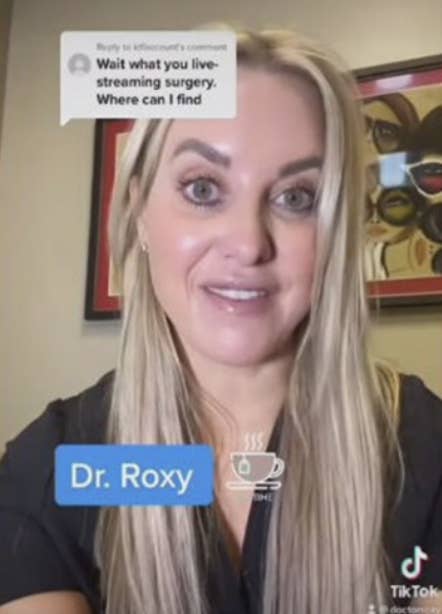
The surgeon would often livestream her surgeries. She was banned after three patients came forward with complications and errors, which were reportedly due to her focus on the camera during these procedures.
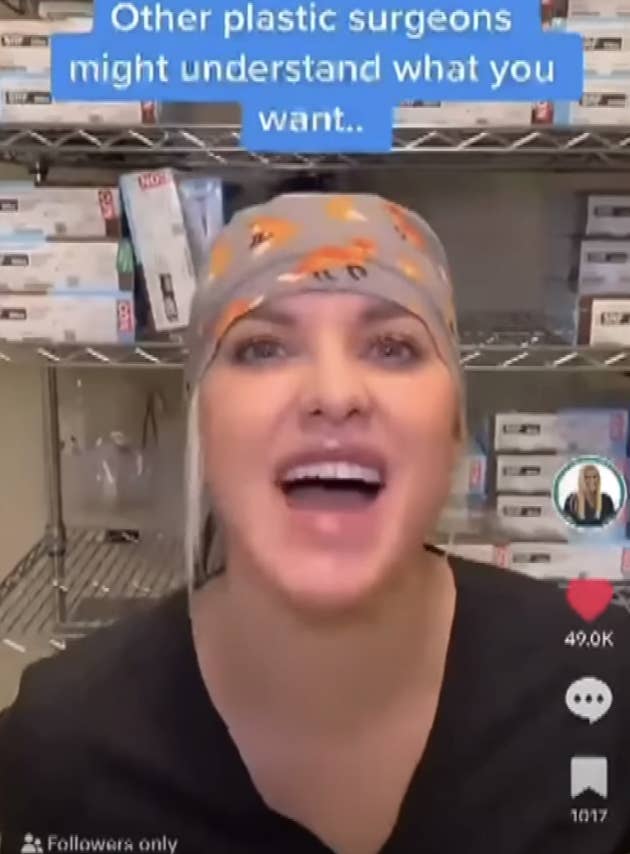
This ban also came after the state medical board had sent her multiple letters outlining "concerns regarding the lack of informed consent, ethical concerns related to privacy and social media, and avoidable complications that required surgical revision."
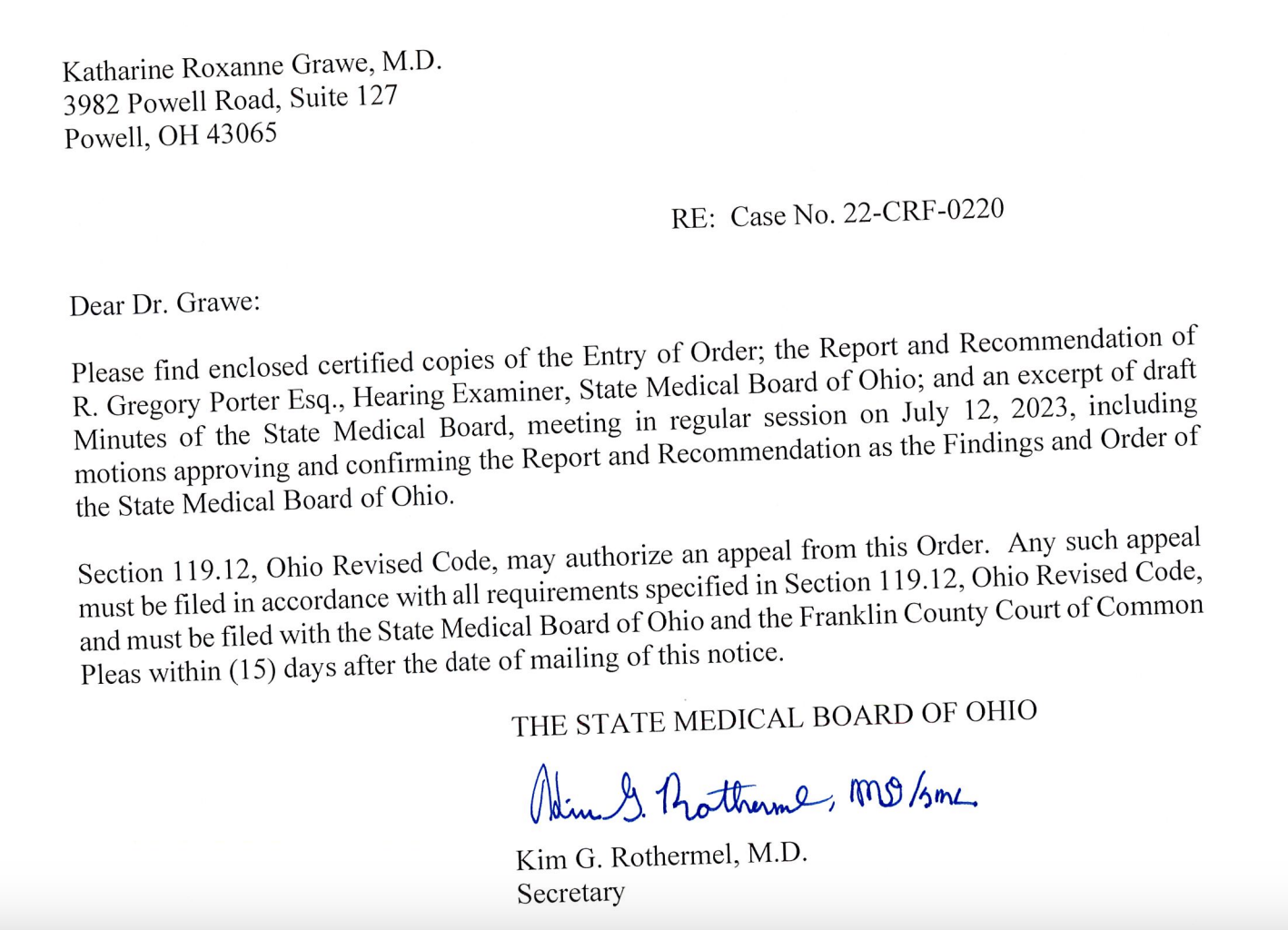
One patient who had her breasts done by Dr. Roxy told Inside Edition, "I found her on TikTok. I didn't know anyone who had surgery. If you're brave enough to livestream and you're that transparent, you'd just assume she's not having the issues she's having."
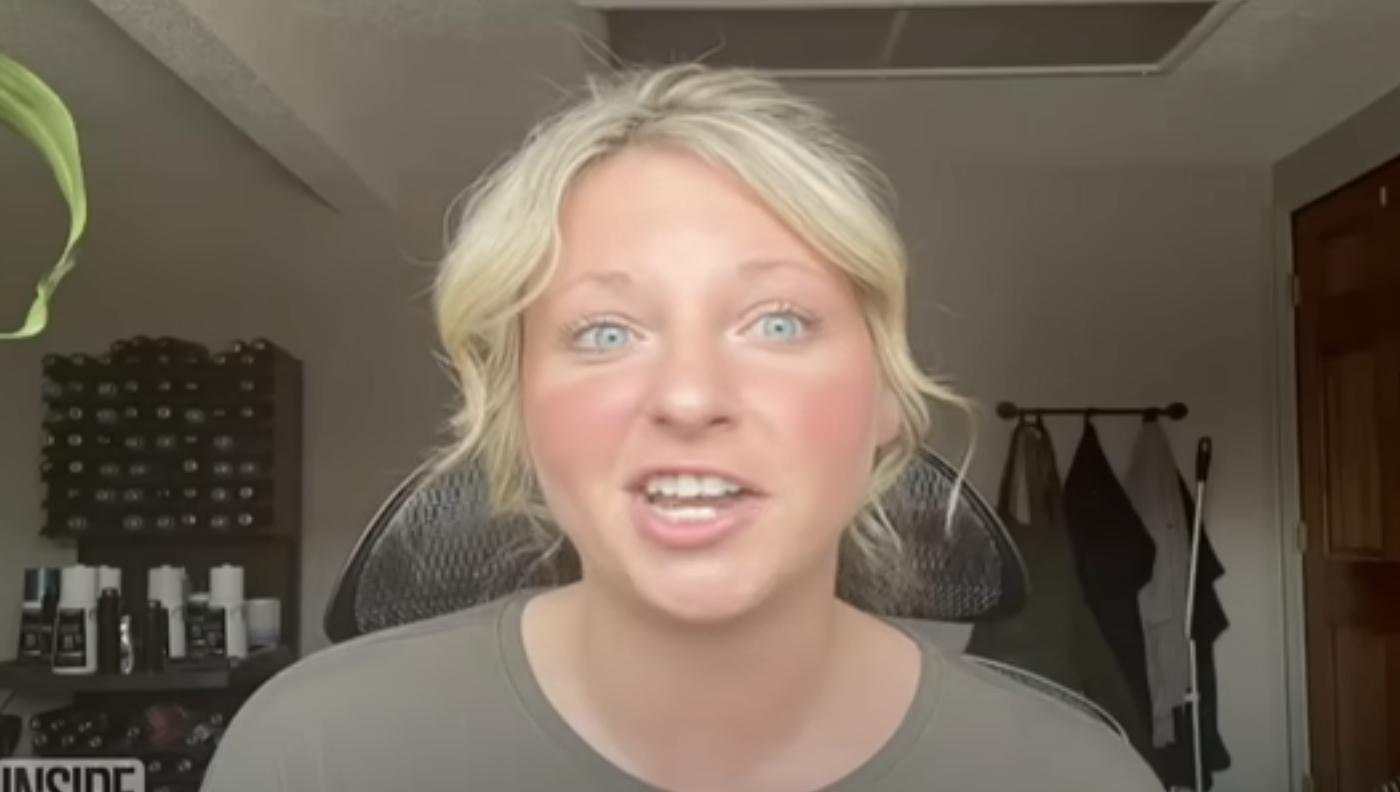
But there were complications from her surgery, which was livestreamed by Dr. Roxy. "I had a 4-by-4 wound under that breast. Rewatching [the livestream], there were a couple cuts she made where she was clearly talking to the camera or focused on what she was saying to them," said Kelsey Cardenas.

I spoke with two surgeons about how livestreaming is looked upon, what provisions are in place with social media and surgery, and what this means for Dr. Roxy. I first asked, "Is it common for doctors to livestream their procedures? Do they know not to do this? Are there guidelines as to what isn’t allowed on social?"
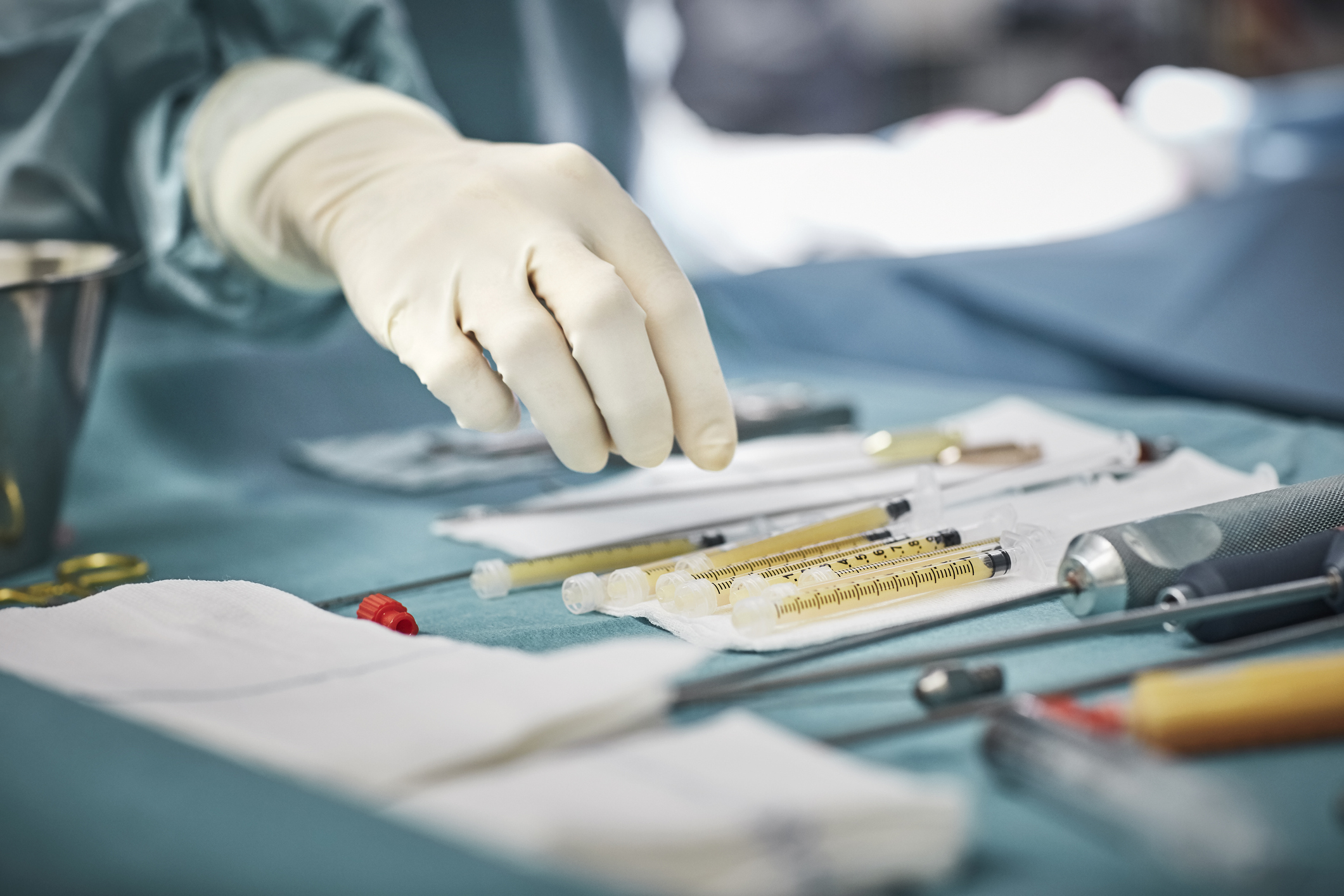
Dr. James Chelnis, an award-winning New York City–based aesthetic plastic surgeon at Manhattan Face and Eye, said, "It is not common for surgeons to livestream their surgeries. It is even less common to interact with the audience during the surgery. Most social media platforms do not have guidelines that would explicitly ban this activity. They, in fact, typically have pretty vague guidelines about posting medical content and have stricter policies about posting before-and-after photos, as opposed to livestreaming surgeries."
Harvard-trained, board-certified plastic surgeon Dr. Richard Reish said he doesn't believe in livestreaming surgeries. "I personally find this extremely inappropriate and unprofessional," he said. "I firmly believe that the number one priority and focus at all times during surgery should be on patient safety. I would never livestream a surgery, and if any videography is being done, it is being done with the patient’s consent for educational purposes only, and the focus remains on the patient’s surgery and not on filing video content. Surgical procedures and anesthetic time should never be lengthened, and surgery should never be stopped in the middle of a procedure, in order to facilitate filming."
I then asked, "Do you think this represents a new trend in the age of social media?" Chelnis said, "We might see more of this in the future as surgeons and audiences become progressively more familiar and comfortable with this format. But I think the details matter a great deal: Is the surgeon stopping care in order to interact with the audience? Are they personally managing the audience, or is there another person in that role? There are a lot of details that can very much add safety or complicate the patient’s care. Deviating from a surgery in real time can be dangerous for patients, but not all moments are equally complicated or dangerous. A lot of effort needs to go into creating a safe environment for the patient."
Reish said, "Livestreaming surgeries has certainly increased in frequency ... I do think there is a way to responsibly film educational content during surgeries, but this should never be done in a livestream manner and should never distract from patient safety during surgery."
My next question was, "What does it mean — logistically and professionally — for a doctor to lose their medical license?" Chelnis replied, "Doctors are licensed by the state where they work. Applying to another state typically mandates some review of licenses held in other states. Losing the license to practice in one state, particularly for ethical principles, would likely be the end of one’s ability to practice. But likely [for] nearly every rule, there are narrow exceptions."
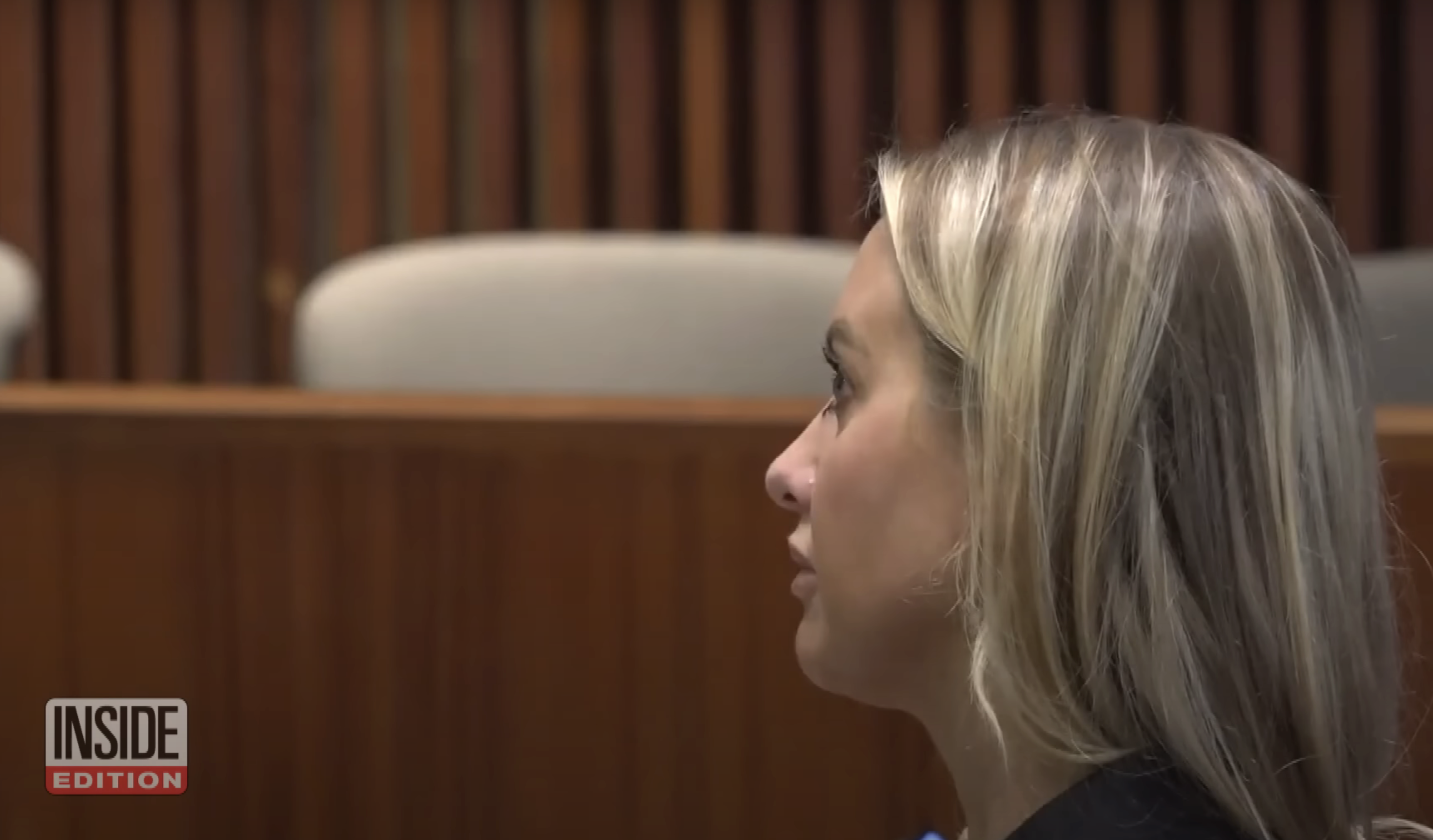
Reish echoed that point and said there's a chance Dr. Roxy could move to another state to practice. "When a surgeon loses their license, they can no longer practice in the state in which they have lost their license. That can mean that they will be restricted from getting a license in another state, although there are numerous cases of surgeons simply moving to a different state and obtaining a license to operate in the new state."
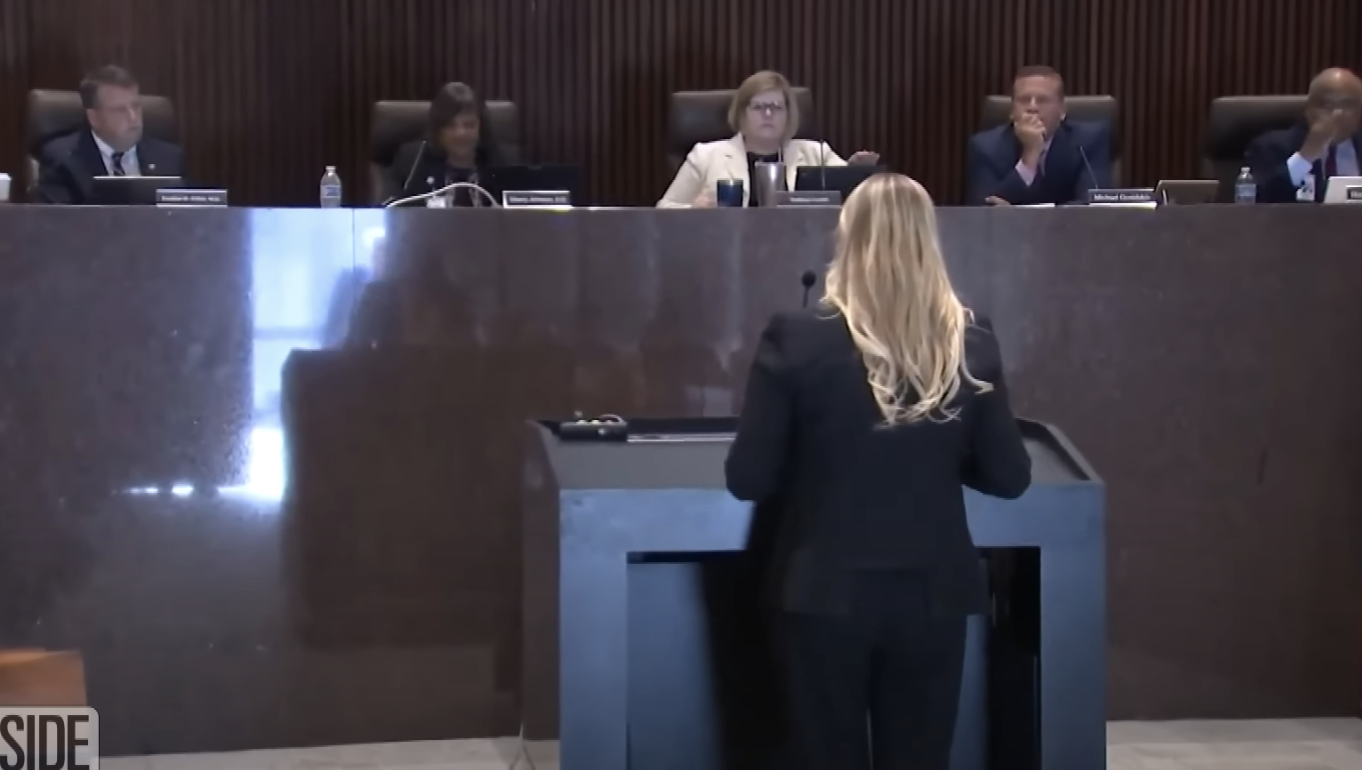
In the age of social media, doctors have to find a balance between entertainment, education, and patient safety. "Critical to my profession is to help patients achieve their goals while working to diminish their risks, particularly with elective surgeries. Social media can be a great tool for education and pulling the curtain back so that patients can be more aware and knowledgeable about the procedures they undergo. It has to be done in a safe and thoughtful way," Chelnis said. "Before we record or post anything, we look for a number of factors: that any patients involved have offered consent and are not knowingly being placed in harm’s way, that patients can learn something, and that we are presenting something in a constructive way."

"I think good surgeons are very capable of maintaining ethics and integrity while still educating the public about their practice on social media. Posting before-and-after pictures, surgical results, educational, videos, and even personal and family content can be done in a very ethical manner without compromising patient safety," Reish added. "Any time the line is crossed and patient safety, patient privacy, and professional integrity is compromised, we as a surgical society should take action to prevent this from happening in order to protect patients."

